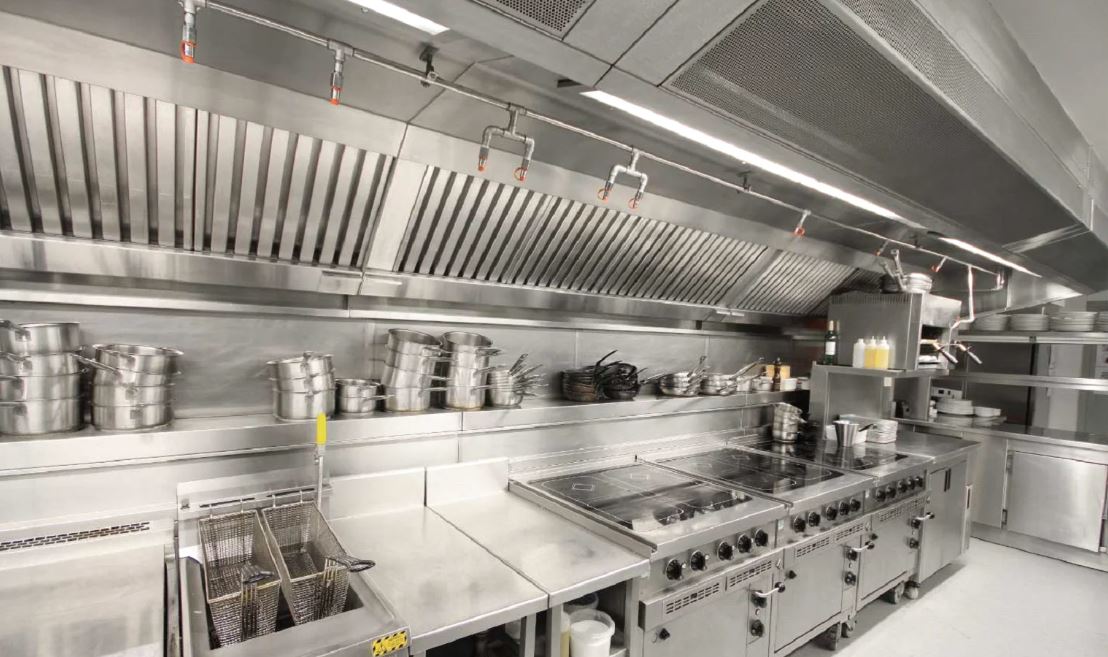The decision to invest in a professional hood installation service is a critical one that entails more than just a simple exchange of goods and services. The selection process requires careful consideration of the professional entity’s expertise, experience, and reputation within the industry. As such, the installation of your hood is not merely a transaction, but an investment that impacts both the functionality and the aesthetic appeal of your kitchen.
The right professional can ensure a seamless integration of your hood into your existing kitchen design, while the wrong choice could lead to unnecessary complications, including operational issues and even detrimental effects on your home’s interior design. As we delve deeper into the topic, we aim to provide a comprehensive guide which will equip you with the necessary knowledge to make an informed decision.
Understanding Hood Installation Services
To fully grasp the intricacies of hood installation services, it is essential to understand that they encompass a broad spectrum of tasks, including:
– Assessment of your kitchen space
– Selection of the appropriate hood
– Meticulous installation by trained professionals
These services are not simply about placing a hood over your stove; they involve careful consideration of your kitchen’s layout, functionality, and aesthetics.
Certified professionals undertake a detailed analysis of your kitchen, considering factors such as ventilation needs, hood size, and style preferences. They then guide you in selecting a hood that complements your kitchen design, meets your cooking needs, and adheres to safety standards.
The installation process is executed with precision, ensuring optimal performance and longevity.
Tips for Selecting a Reliable Installer
Selecting a reliable installer for your hood system requires careful consideration. It’s essential to take into account their expertise, certification, past projects, and customer feedback. Look for a company that specializes in hood system installation to ensure proficiency and knowledge of the latest techniques.
Next, verify their certification. Reputable installers should have relevant industry certifications that vouch for their competency. Scrutinize their portfolio of past projects. This provides insights into their practical experience and ability to handle diverse installations.

